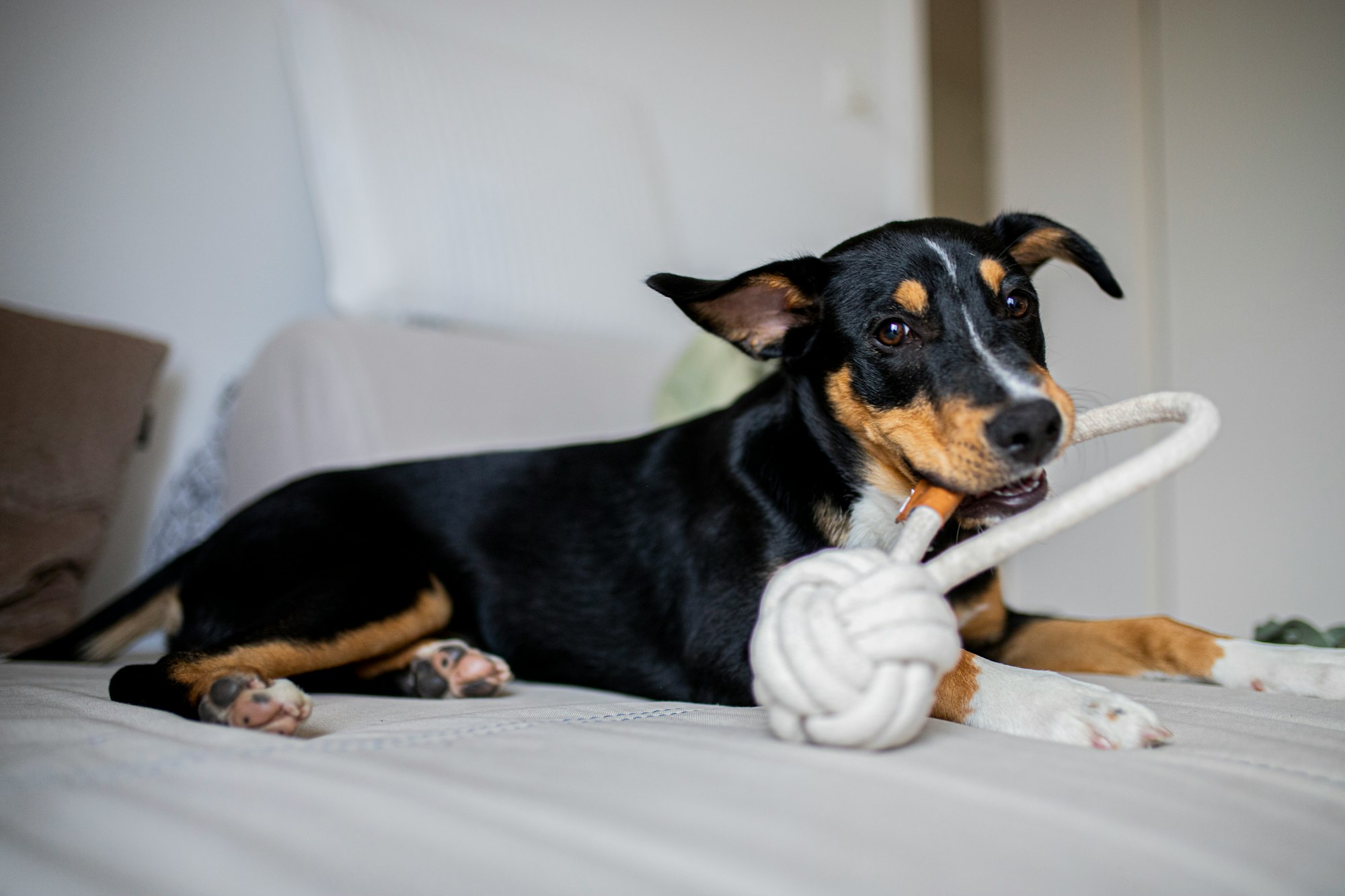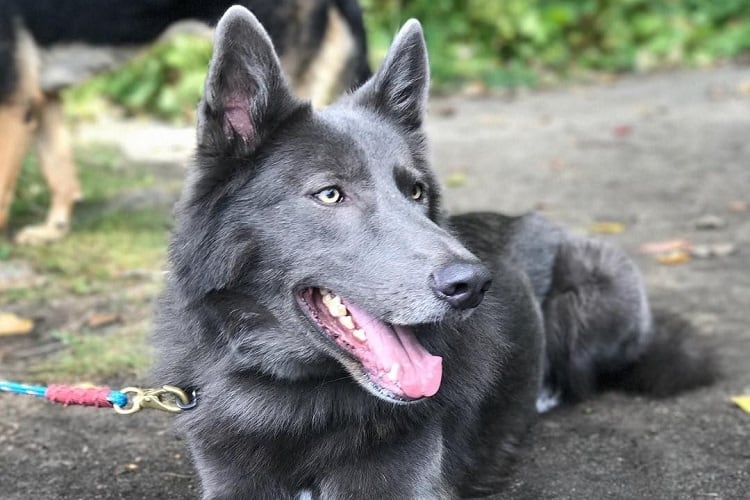Maine Coon cats have a unique charm that has fascinated admirers for centuries. As one of the largest breeds of domestic cats, they are known for their impressive size and playful character.
An in-depth analysis of this breed’s size is essential to understanding its distinctive nature. This article provides a comprehensive overview of the Maine Coon cat size. It includes its origin and history, factors contributing to growth, and health implications related to size.
Living with a large cat, myths and reality surrounding size misconceptions. And breeding and show standards. By exploring these topics, readers will gain greater insight into the gigantic charm of the Maine Coon breed.
The Origin and History of Maine Coon Cats
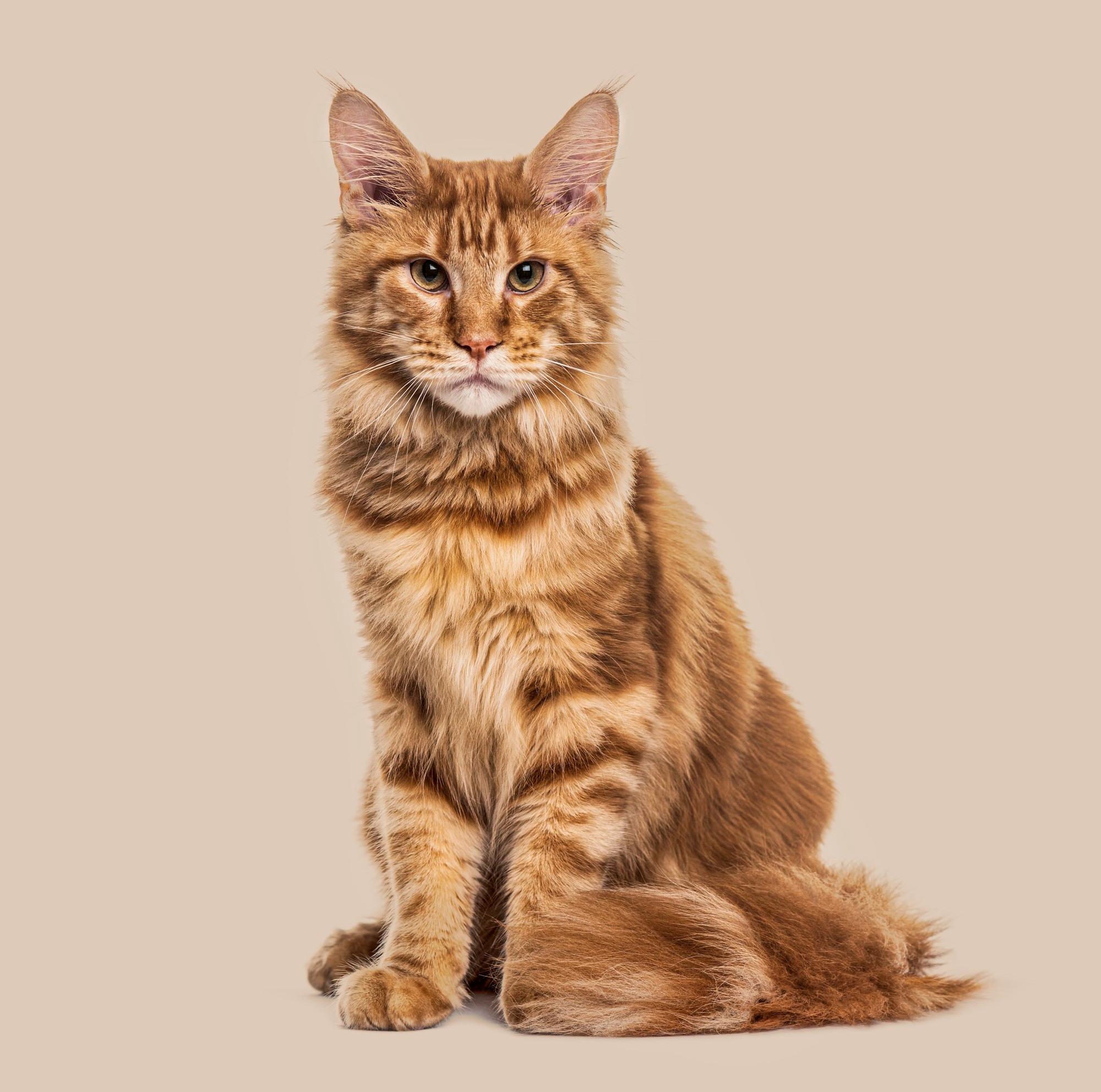
Examining the well-documented ancestry of Maine Coon Cats. It is clear that their impressive size can be attributed to a combination of genetic factors and selective breeding. Like a slowly growing snowball, its size intensifies with each generation.
The Maine Coon Cat breed is believed to have originated in the state of Maine in the United States. Where they were first domesticated and selectively bred by farmers for their large size and strength. This process continued over many generations until the breed became known for its large stature and impressive features.
Male Maine Coons are often even larger than female ones. Some specimens measure up to 48 inches long from nose to tail tip and weigh as much as 25 pounds. Enough to earn them an entry into the Guinness Book of World Records.
The genetics behind such impressive growth can be traced back to various interbred domestic cats including Angoras, Turkish Vans, Siberian male Maine coon cats, and British Shorthairs. These breeds were carefully chosen due to their propensity for larger sizes.
Which increased the likelihood that offspring would inherit similar traits. Furthermore, selective breeding allowed breeders to produce cats with specific characteristics such as coat color or density while maintaining the desired physical traits like large body size.
Maine Coon Cats have become one of the most beloved cat breeds across America due to their distinct personalities and gentle nature combined with their remarkable size. Their presence has been felt both inside and outside homes throughout our nation’s history thanks in part to their formidable stature which continues to captivate us all today.
It is no wonder these magnificent felines continue to draw attention wherever they go. Just another testament of the gigantic charm they possess.
Calling all Maine Coon enthusiasts! Brace yourselves for an exciting twist. While the Fi GPS tracking collar is typically designed for our canine companions, here's a delightful secret: its size and functionality make it a perfect fit for our majestic Maine Coons too! Embrace the fun and ensure the safety of your magnificent feline friend by equipping them with the Fi GPS tracking collar. Let your Maine Coon roam with confidence, knowing you can effortlessly locate them wherever their adventures take them. It's time to unleash the wonders of modern technology and keep our Maine Coons safe and stylish!
Understanding the Size of Maine Coon Cats

Through a comparison to average cats, as well as an examination of the differences in size between male and female Maine Coons, this paper elucidates the growth timeline associated with reaching full size.
The Tabby Maine Coon is considered one of the largest breeds of domestic cats, generally weighing between 8-18 lbs. when fully grown. In contrast, the average weight of other Norwegian forest cat breeds is only around 5-10 lbs., making it clear that longest Maine Coon Cat are the maine coon size compared to other domesticated felines.
Male Maine Coons tend to be larger than their female counterparts, usually ranging from 10-20 lbs., while females typically stay between 8-16 lbs.
When born, Maine Coon kittens weigh approximately 3 ounces and will double their size within 1 week. The majority reach full growth at around 2 years old. However some may not reach their full potential until they are 4 years old.
Regarding diet, nutrition plays an important role in the overall health and size of any cat breed including the Maine Coon Cat - something which should not be overlooked or underestimated when considering their growth timeline.
A balanced diet and regular exercise can help ensure that a cat's body reaches its maximum potential by helping them develop strong bones and muscles for better support and stability throughout adulthood. Proper veterinary care can also help maintain optimal growth in cats by identifying any possible health issues before they become too severe and affect their overall development over time.
The Factors Contributing to Maine Coon Cat Size
Investigating the various components that impact Maine Coon Cat size, this section examines the influence of genetics, diet and nutrition, as well as environment and living conditions.
The genetic makeup of a Maine Coon Cat is an important factor to consider when looking at their size compared to other cats. Factors such as breed lineage and inherited traits can play a big role in determining how large they will grow.
Additionally, diet and nutrition are key elements in the growth of any cat but especially for larger breeds like the Maine Coon Cat. A balanced diet of proteins and vitamins is necessary to reach their full potential. Environmental factors such as shelter type or outdoor access are also very influential on how much a Maine Coon Cat grows throughout its lifetime.
Maine Coon Cats have grown in popularity over recent years due to their unique physical characteristics:
- They are among the longest domestic cats - males can measure up to 16 inches long from nose to tail!
- Their thick fur coats come in many colors - from tabby patterns to solids like black or gray - making them one of the most diverse breeds in the cat world.
- Female Maine Coons can weigh up to 15 pounds whereas males can get up twice that size!
- Their average lifespan is around 12-14 years which is longer than most cats.
By taking into account all these different aspects contributing towards size, it becomes clear why Maine Coon Cats have become so popular among pet owners today; not only do they make great companions but they also possess impressive stature worthy of admiration!
Through careful consideration of genetics, nutrition, habitat environment, and more it’s possible for everyone with a Maine Coon Cat companion at home to ensure they reach their maximum potential size while staying healthy along the way.
Health Implications Related to Size in Maine Coon Cats
Maine Coon Cats are one of the longest domestic cats, with males reaching up to 16 inches long and females weighing up to 15 pounds. The large size of Maine Coons can affect their health, as they may be more prone to certain conditions than smaller breeds. While proper care and preventative measures are important for all cats, it is especially vital for owners of larger Maine Coons.
One potential problem related to the size of Maine Coon Cats is arthritis. Large cats may be more likely to suffer from joint issues due to the heavy strain on their bones and joints caused by carrying a heavier body mass than average-sized felines.
Additionally, obese Maine Coons may experience difficulty walking or breathing due to excess weight putting pressure on their organs. It is also possible that large Maine Coons could be prone to heart disease due to their increased body mass leading to higher blood pressure levels.
In order to minimize any associated health risks related to size in Maine Coon Cats, owners should ensure that their cat has regular exercise and a healthy diet with appropriate nutrition levels adjusted according to age and activity level.
Additionally, owners must note any changes in behavior or appearance such as lethargy or weight gain/loss which could indicate underlying health issues requiring veterinary attention.
By providing regular checkups with a vet and ensuring optimal diet and exercise habits for your cat, you can help keep your beloved Maine Coon healthy despite its large size.
Living with a Large Cat: A Maine Coon Lifestyle
Owning a large Maine Coon requires special considerations for housing, toys, furniture, and equipment to ensure the cat's well-being. The Maine Coon is the largest breed of domestic cat and can reach up to 11kg in weight and 0.9m in length when fully grown. While larger size does not necessarily equate to health problems, it is important to be aware of potential issues such as arthritis or obesity that may arise due to their size.
For this reason, owners must ensure they provide appropriate living conditions for their Maine Coon by choosing a suitable home with plenty of room for them to roam around in comfortably. Regarding toys, furniture, and equipment suitable for a male maine coon cat's size, these should be chosen carefully considering both the cat's size and age.
Some items can be easily purchased from pet stores. In contrast, others may need custom-made pieces designed specifically for larger cats such as scratching posts high enough off the ground so they don't have to strain themselves when stretching out or playing with toys hung at heights that will encourage them to jump and climb. These toys are similar to a flirt pole.
Cats also enjoy spending time outdoors, but owners must remember that their Maine Coon needs some extra protection from the elements due to its large coat; this includes providing shelter outside if possible and waterproof coats during wet weather or cold seasons.
Additionally, owners must take measures such as microchipping their cats so they can be returned should the unexpected happen. With these considerations considered, owning a large Maine Coon can be an incredibly rewarding experience with many years of joy ahead!
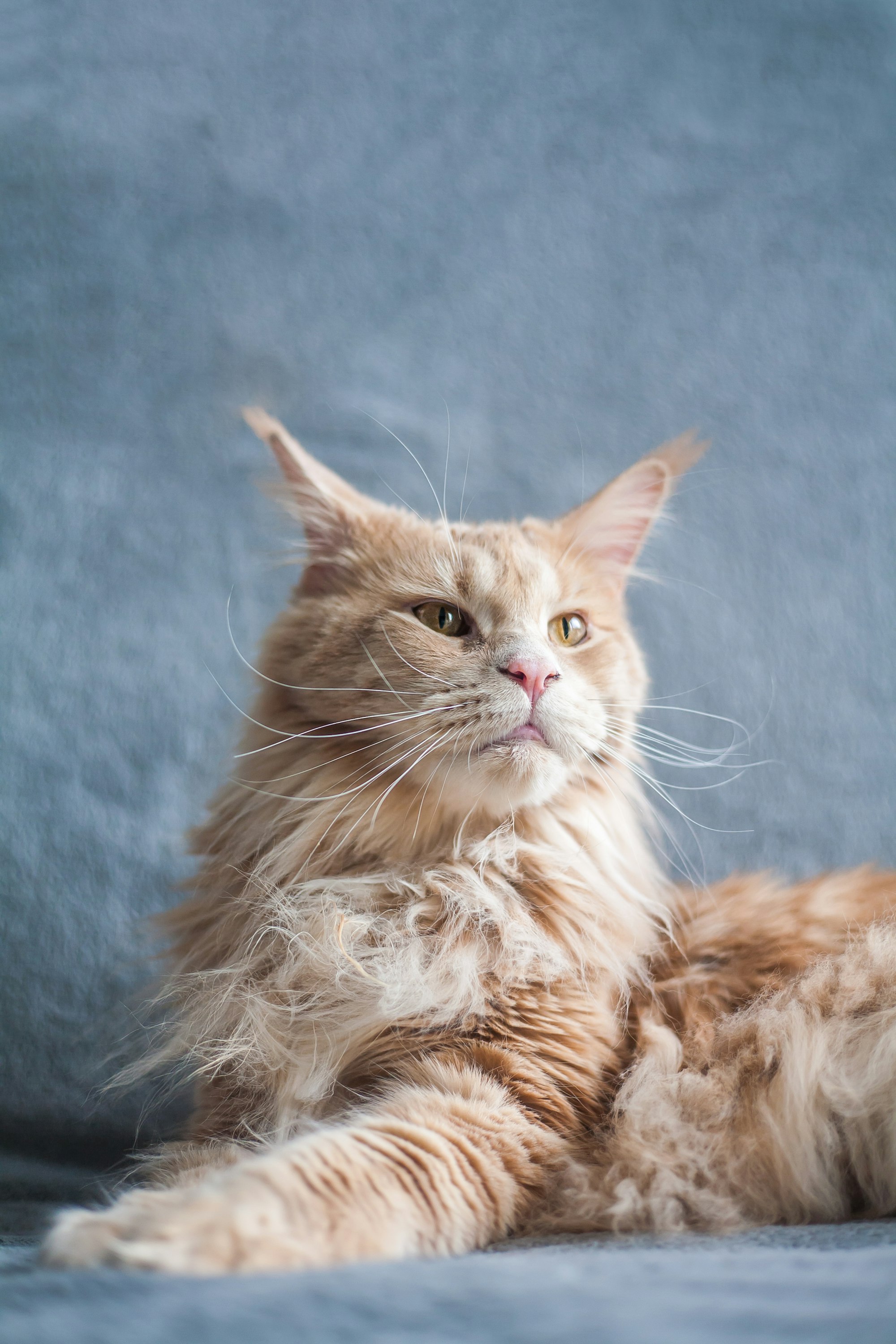
Myth and Reality: Debunking Common Misconceptions About Maine Coon Size
Through exploring myth and reality, this paper seeks to dispel commonly held misconceptions about the size of Maine Coon cats. Oftentimes. Thes cats are perceived as larger than other breeds due to their long coats and large paws. However this is not necessarily the case.
In actuality, female Maine Coons typically weigh between eight and twelve pounds while males can range from thirteen to eighteen pounds. This makes them slightly heavier than the average domestic cat, which weighs approximately eleven pounds. Despite their smaller sizes compared to other breeds, they remain one of the largest domesticated cat breeds in terms of body mass.
Maine Coon cats also tend to grow steadily for a longer period of time when compared with other breeds. This means that they will continue to gain weight into adulthood which may lead people to believe that they are much larger than they really are. It is important to remember that it takes more than just physical size for a Maine Coon cat to be considered 'big.' Their personalities can often add an extra layer of charm, making them seem even bigger than what first meets the eye.
Despite common misperceptions about size, Maine Coon cats are certainly nothing short of majestic creatures who deserve our admiration and respect no matter how big or small they may appear at first glance. Their unique characteristics have made them beloved by many pet owners worldwide and they will likely continue doing so for years to come.
Breeding and Show Standards for Maine Coon Cats
The breed standards for Maine Coon cats often take size into consideration when determining eligibility for competitive shows and breeding programs. The Maine Coon is recognized as the longest domesticated cat, according to the Guinness Book of World Records, reaching up to 48 inches in length from nose to tail.
However, many owners are unaware that a cat's size can be heavily influenced by its diet and environment; this means that if a Maine Coon is not provided with adequate nutrition or regular exercise, it may not reach its full potential in terms of height or weight.
Breeders have been known to selectively breed their cats based on size alone, creating controversy amongst animal rights activists who believe such practices are unethical when done solely for aesthetic purposes.
In some cases, breeders will cross-breed two different types of cats in order to obtain certain desired traits; this practice has resulted in larger cats that can exceed the maximum allowable size set by show regulations.
While some argue that such practices do not constitute ethical breeding since they involve manipulating an animal's genetic makeup, others believe that if done carefully and responsibly, it can result in healthier animals with fewer health issues due to hybrid vigor.
Similarly, some experts suggest using 'selective neutering' which involves spaying or neutering only those cats whose size exceeds established standards. While this approach has been met with criticism from animal welfare advocates who view it as unethical selective breeding.
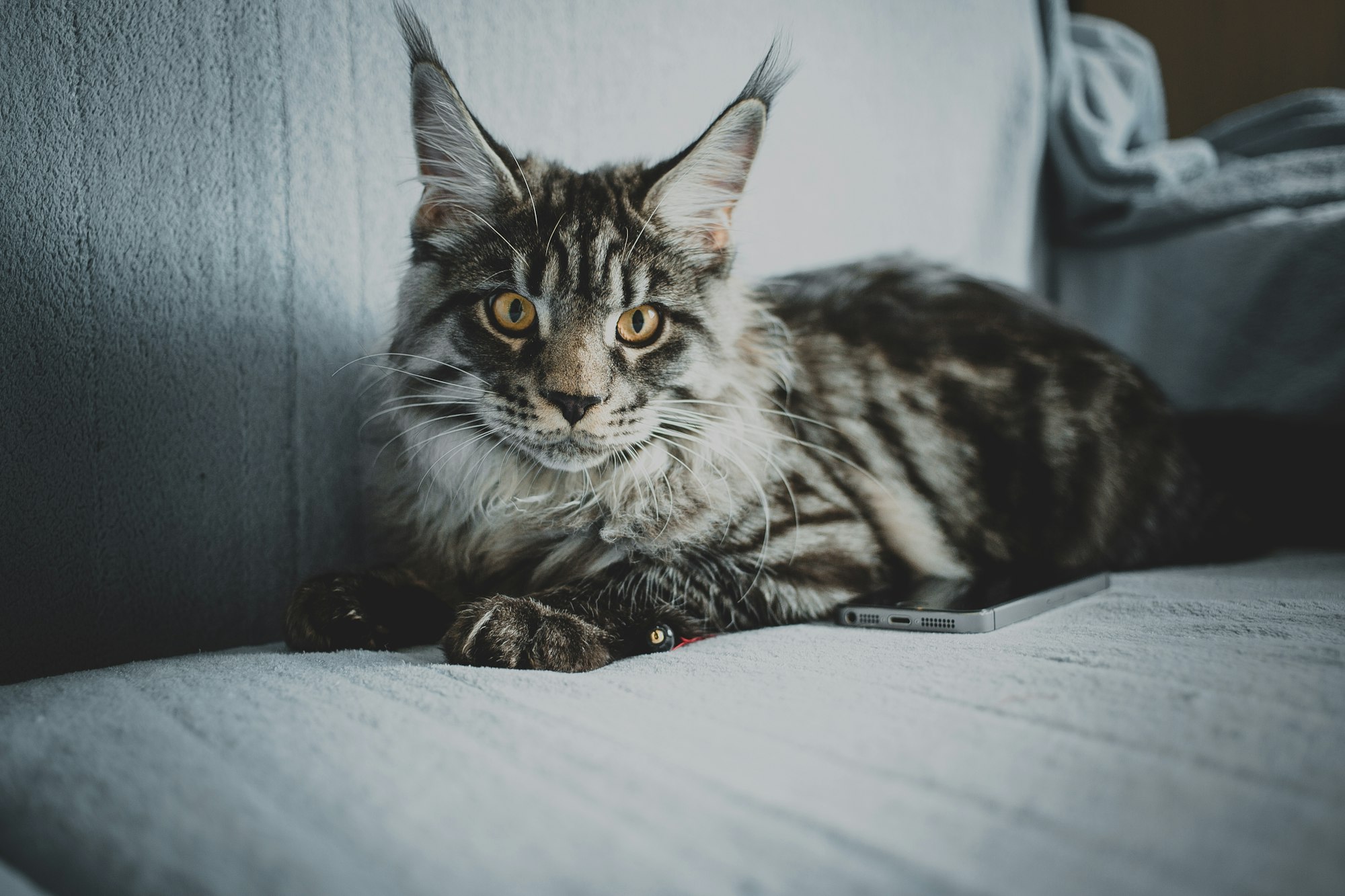
Conclusion
In conclusion, the size of a Maine Coon is not only determined by genetics but also by environmental influences such as diet and living conditions. While it is true that this breed of cat can reach a large size, there are many misconceptions regarding its potential health risks.
With proper nutrition and care, Maine Coons can live healthy lives of any size. However, it is important to acknowledge and be aware of potential health concerns associated with larger cats. Furthermore, when considering breeding Maine Coons for show standards, one must consider the ethics of selecting specific traits which may cause harm to the animal's well-being.
Frequently Asked Questions (FAQs)
- Is it possible to reduce the size of a Maine Coon Cat?
The possibility of reducing the size of a Maine Coon cat is an interesting topic that has been debated among cat owners and breeders for many years. While it is generally accepted that genetics play a large role in determining the size of any given feline, some factors can influence the growth rate and overall size.
Diet, environment, and exercise patterns have all been suggested as possible ways to reduce the size of a Maine Coon cat. Certain medical treatments may also effectively slow or even reverse growth, although these approaches carry more risks than other methods discussed here.
- Are Maine Coon Cats more prone to health issues due to their size?
Maine Coon cats are notable for their large size, averaging between 11 and 16 pounds. This size raises the question of whether these cats are more prone to health issues due to their size, as obesity can increase the risk of numerous health conditions in felines.
Studies have indicated that Maine Coon cats may be more at risk for developing heart issues such as cardiomyopathy or aortic thromboembolism due to their larger body mass. Additionally, they may be more likely to experience joint problems due to their heavier weight.
Therefore, it is important for owners of Maine Coon cats to maintain regular veterinary visits and follow an appropriate diet and exercise plan.
- What is the average lifespan of a Maine Coon Cat?
Maine Coon cats are known for their larger-than-average size and long, thick fur. Generally, these cats have a lifespan of between 10 and 15 years, although some individuals can live up to 20 years.
The lifespan of Maine Coon cats is largely determined by factors such as diet, exercise, and access to veterinary care. Genetics may also play a role in determining how long an individual cat will live. Ultimately, the cat's health is the most important factor in determining its longevity.
- Are Maine Coon Cats suitable for people living in smaller spaces?
Maine Coon Cats, known for their large size, can be suitable for those living in smaller dwellings. They are adaptable cats and can adjust to the space available. These cats prefer to stay indoors and do not require a lot of outdoor exercise. They will often play with toys or lounge around the house.
Despite their large size, Maine Coon Cats have a low-maintenance grooming routine that does not require frequent trips to the groomer. With enough mental stimulation and regular vet visits, these cats can make excellent companions in small spaces.
For more helpful articles about pet-parenting tips, check out the Off Leash blog at TryFi.com.
Want to know more about TryFi.com? The Fi Dog Collar is a GPS tracking collar that not only keeps track of your dog’s location, activity levels, and sleep patterns, but it also alerts you if your dog escapes your backyard. This is the fastest way to find your dog after an escape. Try the Fi Dog Collar today!
